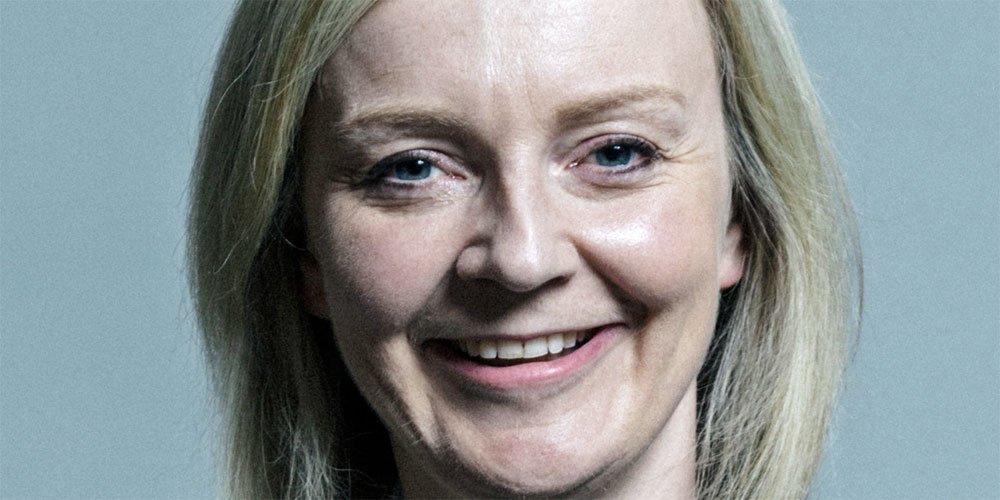
The forthcoming Spending Review is set to pave the way for the devolution of some national taxes to local government, according to chief secretary to the Treasury, Liz Truss.
Speaking to a gathering of local authority figures this week, Truss said that the government is set to launch the review before the summer recess, despite previous noises from chancellor Philip Hammond that this would only happen if a Brexit deal is agreed.
During the session, Truss seemed to indicate that the Treasury is relaxing its traditional hostility to devolving national taxes to the local level.
She said: “I think the challenge we have got is that we do need to move to a different system of local authority finance.
“We do need to look at the devolution of some of these national taxes.
“We are still a very centralised country in Britain compared to a lot of other countries round the world and I don’t think that is a good thing.
“I think it would be better if we were more devolved and localised.”
However, the minister played down expectations that radical devolution of national taxes would be unveiled in the spending review, saying the announcement “is going to be about more of a transition about how we get there”.
Truss said she agreed that council tax is “not a broad enough base” to ensure the sustainability of local government finance.
She singled out VAT and income tax as specific taxes which could see partial devolution to councils.
She praised as “very interesting” a recent report by the Institute for Fiscal Studies, which said that the partial devolution of income tax to local authorities could raise an extra £19bn a year for services.
However, she added: “I think we have to be realistic about where we can get to in the next three years with the various tools we have at the moment.”
The minister also said more responsibilities, as well as tax revenue, could be devolved to councils.
She said: “I spend a lot of time making sure that local authorities do get the resources that they need to deal with the problems caused by other government departments.
“The next phase of that is devolving some of these responsibilities in areas like public health and being clear that is a responsibility of local government.”
Truss also revealed that the government will look to provide extra funding for special educational needs (SEND) in the spending review.
She said: “We do recognise there is more funding needed in areas like special educational needs, in children’s services, where we did put more money in at the last budget. That is something I am looking at in the spending review.
And she added that she did not want to see increased SEND funding squeezing budgets for schools “because we know that schools are under pressure.”
Last month, Room151 reported that more than nine out of 10 councils in England have seen a shortfall in SEND funding, according to the National Education Union.
A report by the union said that the number of children in the special educational needs and disabilities category has risen by 33% since 2015.
Truss also hinted that the government would look to reduce the amount of bureaucracy faced by local government in accessing different funding streams from national government.
She said: “One of the issues I think government has had is that we end up with lots of different funding streams and people in government can spend their time applying for the money rather than getting on and doing the job. There is a huge amount of simplification to be done…”
Last month, Hammond seemed to indicate that the chances of a three-year Spending Review settlement being arrived at this year were rapidly diminishing.
In March, he told Parliament that he intended to launch a full three-year review to be concluded alongside the autumn Budget, “assuming a Brexit deal is agreed over the next few weeks”.
However, later the same month, Prime Minister Theresa May agreed an extension to the deadline for Brexit until 31 October.
Hammond told Parliament’s Treasury Select Committee last month: “We will keep an open mind about how the process should unfold throughout the next few months.
“If we are going to do a full three years’ Spending Review we need to formally start the process before the summer recess, carry it on through the summer and bring it to a conclusion around the time of the autumn budget.”
During this week’s session, held at the headquarters of the Local Government Association in London, Truss gave a more upbeat assessment, saying: “We are currently working on the Spending Review.
“The plan is to launch the Spending Review process just before the summer recess. That will be completed in the autumn.
“That will set budgets in an ideal world from 2020 to 2023.”











